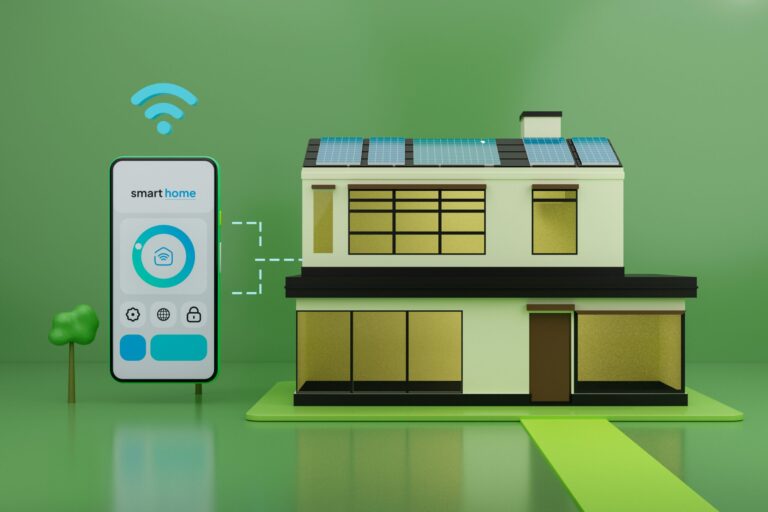As technology continues to reshape the way we live, smart homes are emerging as a highly sought-after feature in the real estate market. A report from the Consumer Technology Association (CTA) published on February 22, 2024, reveals that the demand for homes equipped with integrated smart technologies has surged, driven by homebuyers who increasingly value convenience, security, and energy efficiency. This shift is supported by various key players, including technology companies, homebuyers, real estate agents, and developers, all of whom are helping to pave the way for a new era of tech-enabled living spaces.
One of the most significant factors fueling the rise of smart homes is the growing adoption of innovative devices designed to make everyday living easier and more efficient. Voice-controlled assistants like Amazon Alexa and Google Assistant, smart thermostats that optimize home heating and cooling, automated lighting systems, and security cameras that offer real-time monitoring are just a few examples of the technologies that are becoming standard in modern homes. Homebuyers are no longer just looking for aesthetically pleasing properties—they are actively seeking homes that offer integrated technologies that improve comfort, streamline daily tasks, and provide peace of mind.
In particular, energy efficiency and security have become top priorities for many buyers. Smart home features, such as programmable thermostats and energy-efficient lighting, help reduce utility costs and promote sustainable living. Security systems that can be remotely monitored and controlled offer increased protection against break-ins and other threats, allowing homeowners to stay connected to their properties even when they are not physically present. With these benefits in mind, it’s no surprise that more buyers are prioritizing homes with smart technology, seeing them as not only a convenience but an essential part of modern living.
The long-term impact of this trend is expected to be profound, with smart home technology likely becoming a staple in new residential construction. Developers are increasingly recognizing the demand for tech-enabled homes and are incorporating advanced smart features into their designs. As this shift continues, it is anticipated that the integration of smart devices will be seen as a key selling point in the real estate market. Buyers will expect these technologies as standard, and homes without them may risk losing appeal in an increasingly tech-savvy marketplace.
This demand for smart homes could also influence the broader landscape of residential construction. As developers work to meet the expectations of modern homebuyers, new homes may feature even more advanced tech innovations, such as AI-powered home automation systems, smart appliances, and integrated home health monitoring solutions. In the future, it is likely that every new home will be built with smart technology as a foundational component, making it a critical aspect of residential construction moving forward.
Ultimately, the rising popularity of smart homes is reshaping how we think about the spaces we live in. With homebuyers placing a higher value on technology that enhances daily life, the integration of smart features into homes is set to become a defining characteristic of the real estate market. As demand for these homes continues to grow, developers and builders will be increasingly focused on delivering tech-enabled living spaces, making smart home technology an integral part of the future of residential real estate.
